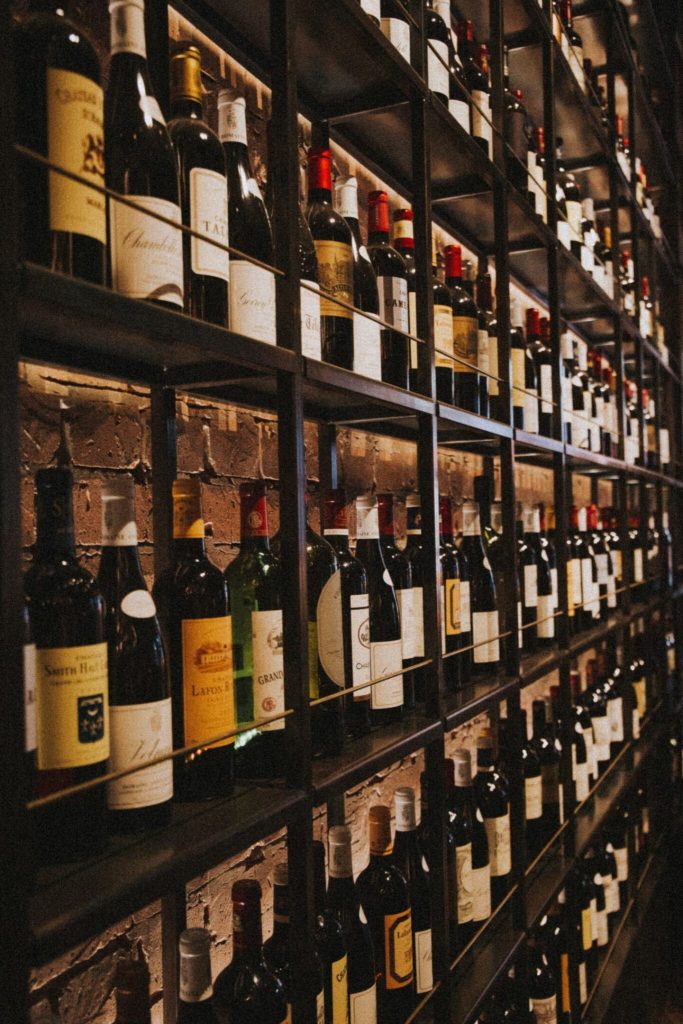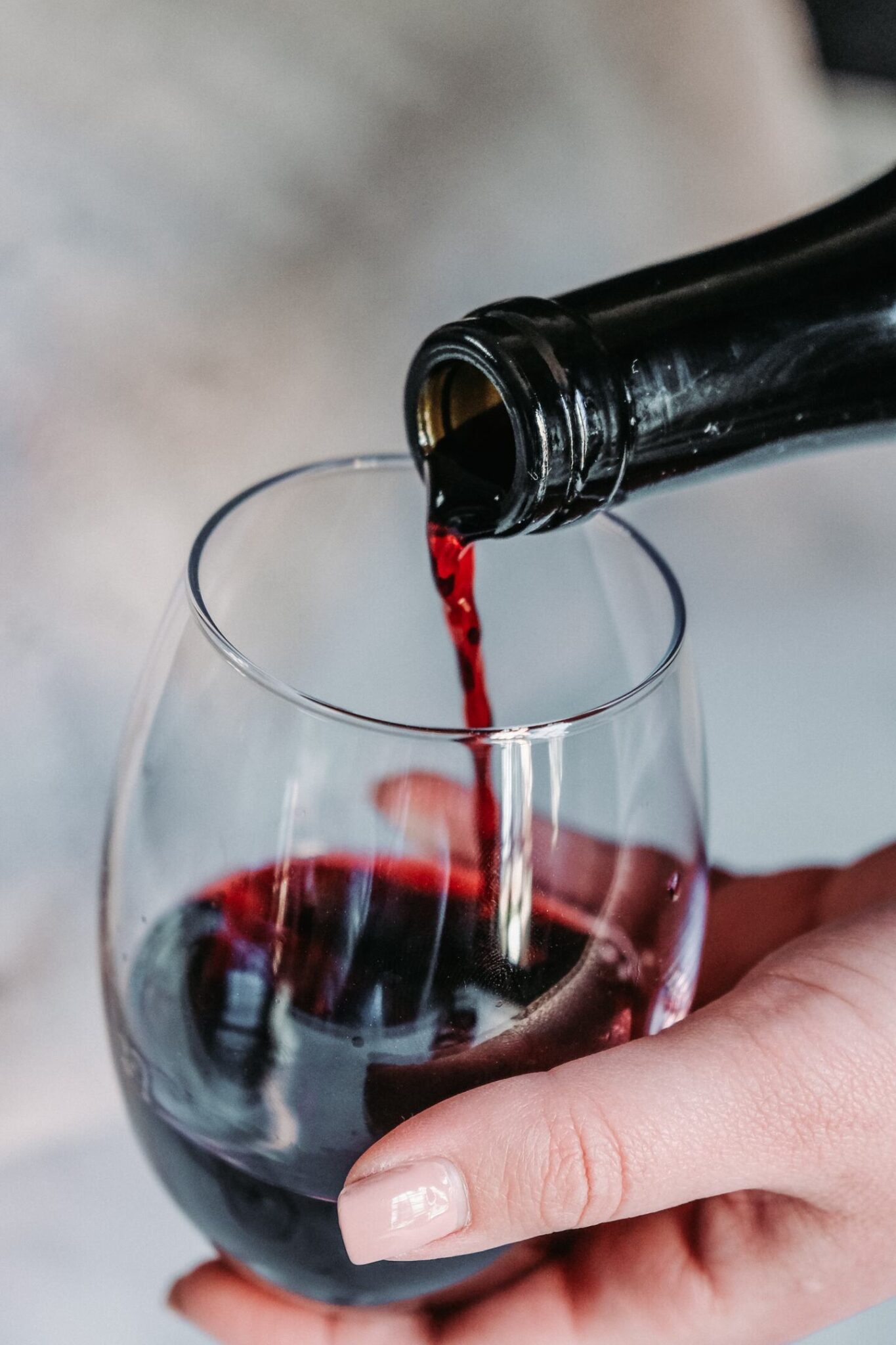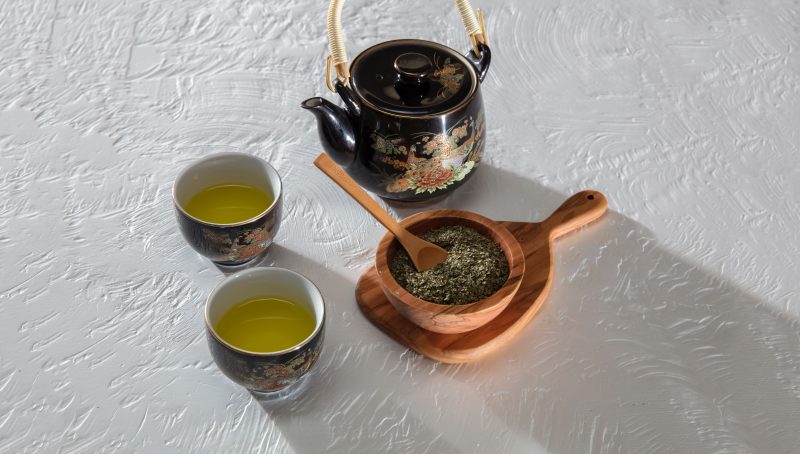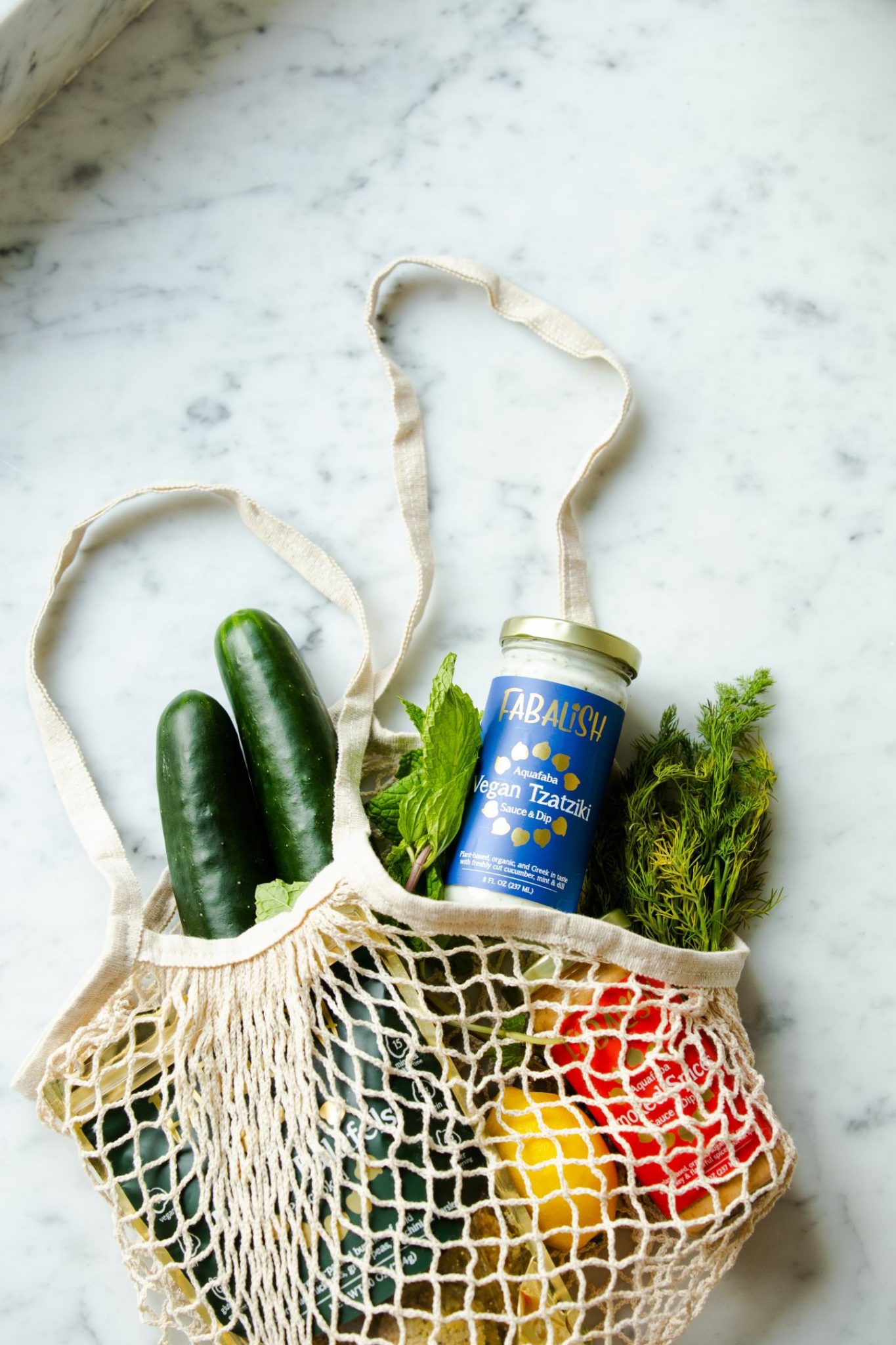
There are numerous ways people can invest their money, but not everyone is aware investing in wine can provide a solid and profitable way to grow their overall portfolio. If you’re looking for a great way to invest in tangible assets, now is the time to consider purchasing quality wines.
Do Your Research Before Investing
Few people would consider investing in the stock market, bonds, or any other form of tangible investment without first understanding the potential benefits and risks. Not every wine will provide a good return on your investment, which suggests great care is needed when choosing collectible wines. A fine wine investment requires a knowledge of the market, an understanding of what collectors and connoisseurs want, and where current trends are heading.
Never Invest Money You Can’t Afford to Lose
This bit of advice is common regardless of the investment you’re making. No financial expert recommends investing in wine if your budget will be devastated if the market value of your purchase drops. However, that doesn’t mean investing in fine wines doesn’t present a real growth opportunity. The trick here is to know, in advance, just how much money is available for the investment.
Proper Storage Safeguards Your Investment
Simply purchasing bottles of fine wine without having a proper place to store them will not work. To protect the wine’s taste, every bottle must be stored at a specific temperature based on the type of wine. Some collectors have sophisticated storage systems available to protect their wine, but not every investor has that luxury. Even novice collectors can store their bottles if they’re willing to research the various wine storage coolers and purchase the best option they can afford. If that’s not possible, area companies specialize in storing wine for collectors.
Know When to Sell
To realize a profit, collectors must know when to sell. In many instances, price trends are easily accessible. Those trends will provide clues allowing investors to sell bottles at optimal times. Remember that not all wines will keep indefinitely. That means it’s important to know when the bottles in your collection will be at their prime.
Keep Your Collection Turning Over
Rather than buying one or two bottles of an expensive vintage, consider purchasing more bottles of slightly less valuable wines. That makes it easier to sell your collection if needed. At the same time, a vintage that’s considered a top investment today may lose favor in the future, which could result in a significant loss. If you elect to spread out your risks by collecting a variety of vintages, the risks of a serious loss drop significantly.
Providing a Proper Paper Trail
When selling bottles of wine, the buyers may insist on knowing the provenance of the wine, including how long you owned it and how it was stored. Always keep careful records of purchases so the paper trail is not broken. While less-expensive vintages may not require as much paperwork, a rare bottle of wine will. Most experts agree that, if you have an extremely valuable vintage, collectible wines should be stored by professionals rather than at home. If you’re unsure how to store the wine you’re collecting, it pays to get expert advice rather than risking your investment.




